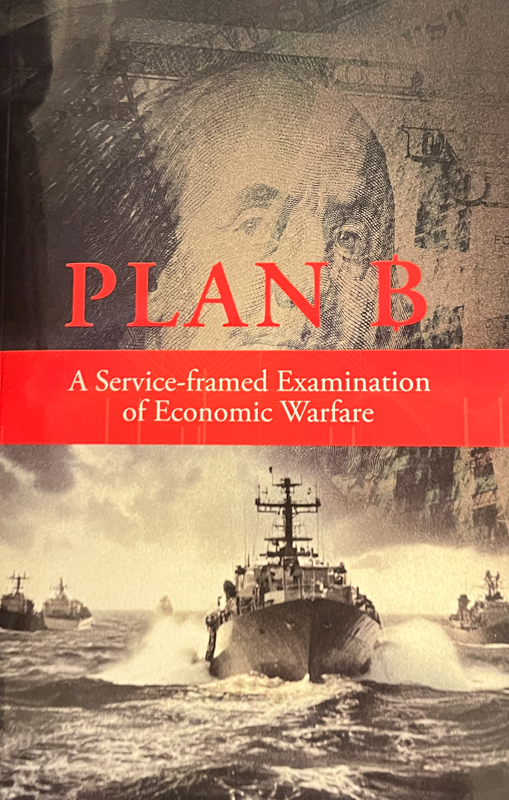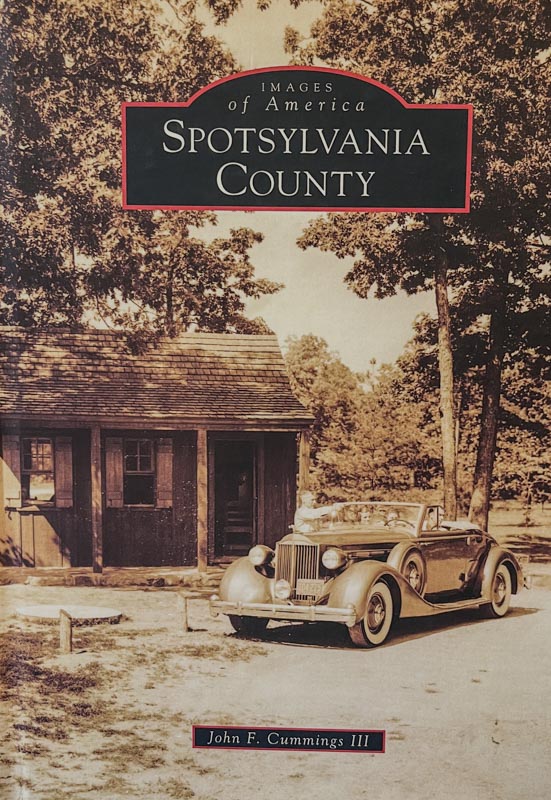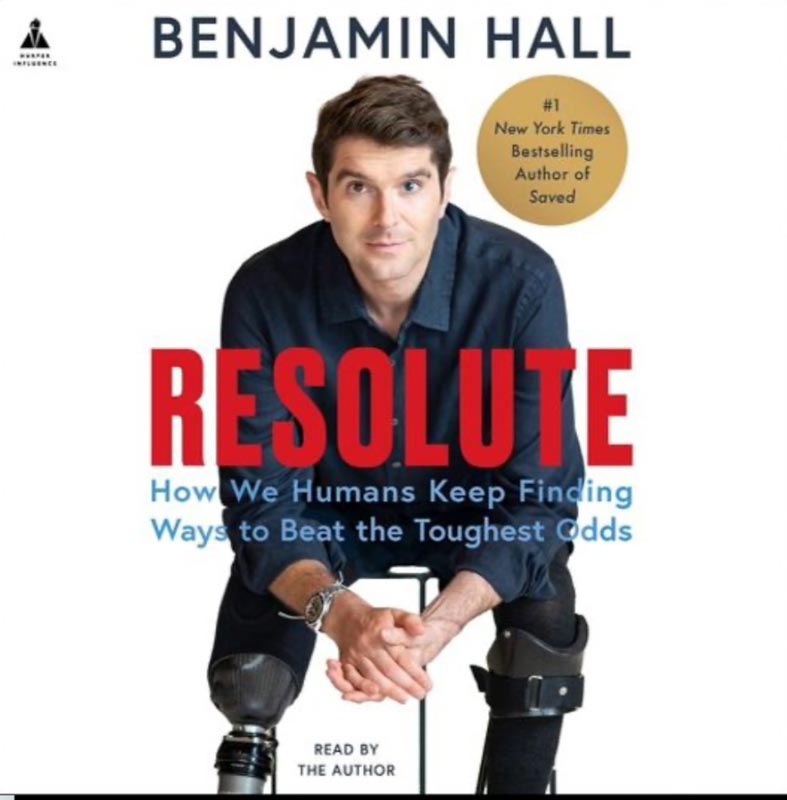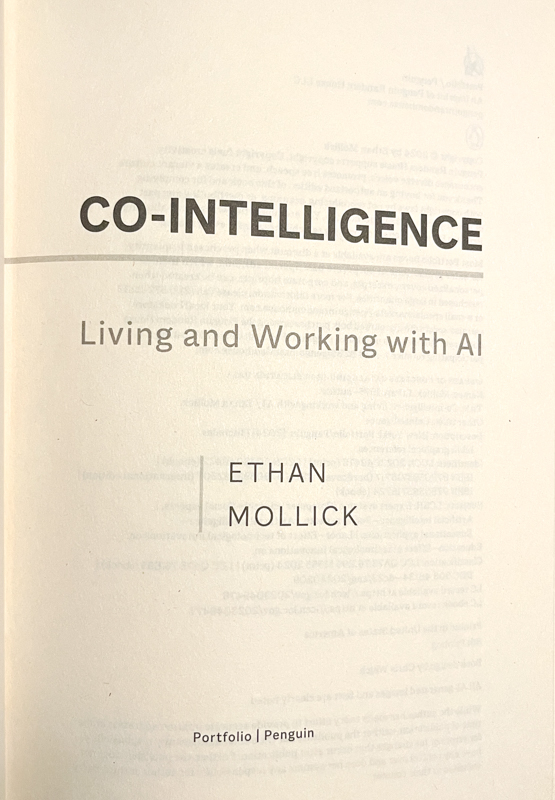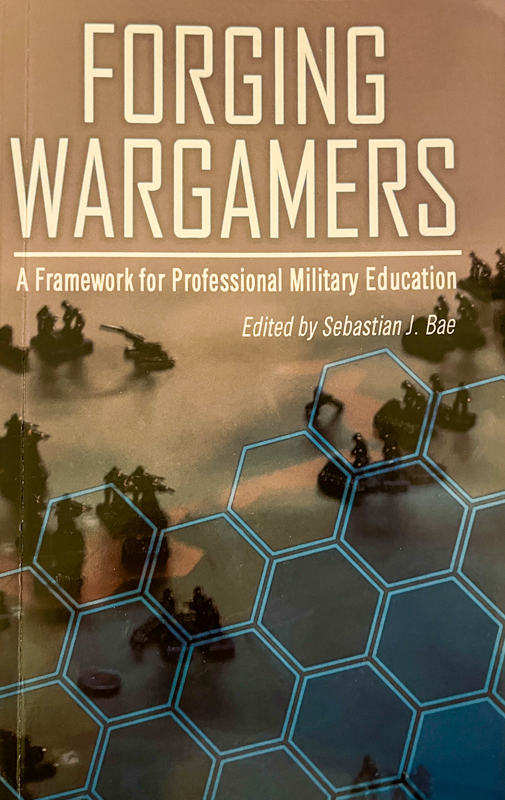Crisis on Mount Hood
Background
Published in April 17, 2025. In Crisis on Mount Hood: Stories from a Hundred Years of Mountain Rescue, emergency room physician Christopher Van Tilburg examines the legacy and evolution of the Hood River Crag Rats, the oldest all‑volunteer mountain rescue team in the United States. The narrative traces over a century of rescue efforts centered on the iconic 11,249‑foot Mount Hood in Oregon. It weaves together archival accounts of daring rescues, the author’s own three‑decade involvement, developments in rescue technology and outdoor culture, and the mounting impact of climate change on the mountain’s glaciated terrain.
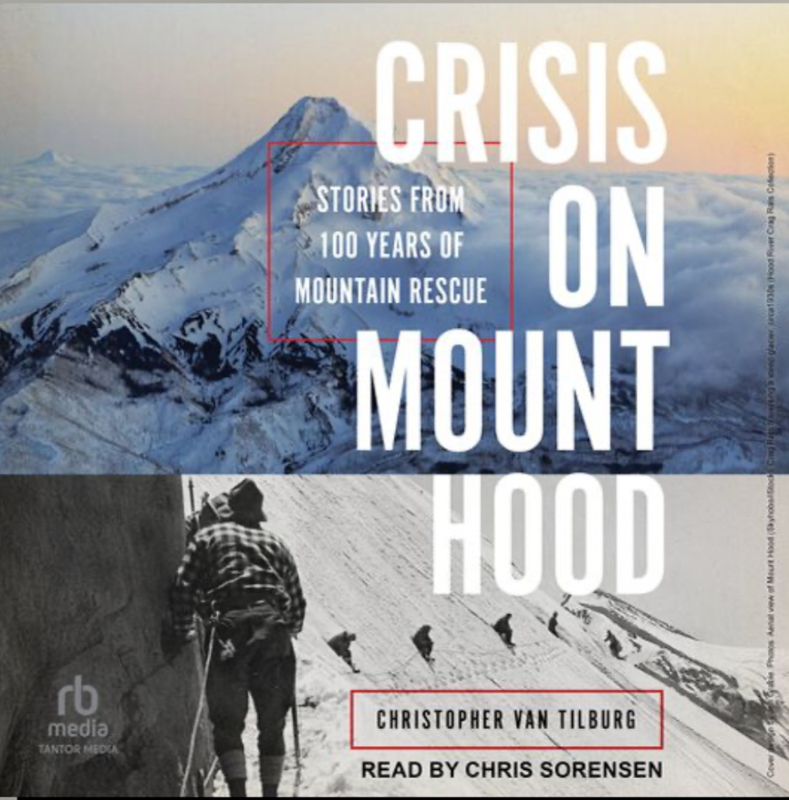
My Thoughts
I was interested in the topic and continually interested in what drives people to go out of their way to save other people. Again and again, the author talks about people who were not prepared to be on the mountain and how he, and others like him, have to go up and bring them down. This is done without pay, without much support, and often without recognition. I’m glad that there are people in this world who put the needs of others above their own.
Recommendation
Not a bad read, but it seemed monotonous at times.
